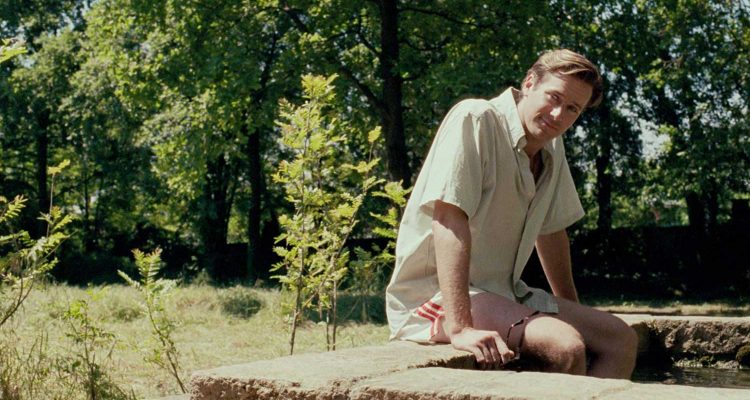We all have actors or actresses that, for whatever irrational reason, we just dislike their screen presence or media persona. And perhaps with friends, we’ll share and joke about these quibbles, and then get on with our day. Or, if you’re Anne Helen Petersen at Buzzfeed, you’ll dedicate a staggering 6,000 words on taking down the myth of Armie Hammer.
Already the subject of plenty of discussion in Film Twitter circles, the exhaustingly lengthy article essentially posits that Hammer is emblematic of Hollywood giving young, white, attractive male actors chances in leading roles, over and over again, even if their projects fail financially. To bolster her argument, Peterson points to “The Lone Ranger,” “Mirror Mirror,” and “The Man From U.N.C.L.E.,” all movies that underperformed and featured Hammer. The author also claims that Hammer has benefitted from a public image that plays off his privileged upbringing.
However, “The Lone Ranger” and “Mirror Mirror” were greenlit, not because of Hammer, but likely because Johnny Depp and Julia Roberts took roles. “The Man From U.N.C.L.E.” wasn’t top-billed by Hammer alone; he was joined by Henry Cavill and Alicia Vikander. In fact, the latter was more director Guy Ritchie‘s project, and he was coming off of two smash hit “Sherlock Holmes” movies (in fact, if you want to talk about failing upward, it’s a bit of a miracle that Ritchie is directing “Aladdin” for Disney, after the double flops of ‘U.N.C.L.E.’ and “King Arthur: Legend of the Sword“).
In short, let’s just say Petersen’s thesis is slightly problematic, but it’s the piece’s cynical tone that’s rankling many. The article essentially argues that everything about Hammer’s supposed stardom (I would guarantee if you ask any random person on the street who Armie Hammer is, they’d have no idea) is carefully constructed, including his recent turns in smaller scale movies like “The Birth Of A Nation,” “Free Fire,” and “Call Me By Your Name” – the latter currently earning huge Oscar buzz. Petersen dubs that pivot as “indie martyrdom,” with Hammer trying to save his career with a string of arty movies. Ultimately, however, she’s driving toward a point that only becomes clear in the third last paragraph of the article:
A post-Weinstein Hollywood isn’t just about naming and removing abusers. It’s about illuminating the processes that have, for decades, allowed Hollywood’s interior logic — about who gets second chances, who’s allowed to be a star, who’s allowed to kiss or have sex scenes, who can “handle” a big budget, what sort of stories will resonate — to endure and to excuse itself.
Well, that’s all true, so maybe write that piece? Framing it around Hammer seems….misguided. The actor himself isn’t particularly pleased with the piece either:
Your chronology is spot on but your perspective is bitter AF. Maybe I’m just a guy who loves his job and refuses to do anything but what he loves to do…?
— Armie Hammer (@armiehammer) November 26, 2017
Petersen has hit Twitter, to defend her piece:
There's a real different between calling someone an asshole and analyzing the way that his image was figured as an asshole
— Anne Helen Petersen (@annehelen) November 26, 2017
A lot of people are reading this as me saying Hammer is an asshole — it's hard to get across the idea of "star image," so thank you for that!
— Anne Helen Petersen (@annehelen) November 26, 2017
It's really true. I even catch myself doing this. But analyzing a star image is not the same thing as "hating" the actor behind it. https://t.co/YO1Wp1Abah
— Anne Helen Petersen (@annehelen) November 26, 2017
If anything, “Ten Long Years of Trying to Make Armie Hammer Happen” is a conversation starter, and being published just as the movie opened in cinemas….well, that’s certainly some interesting timing.

